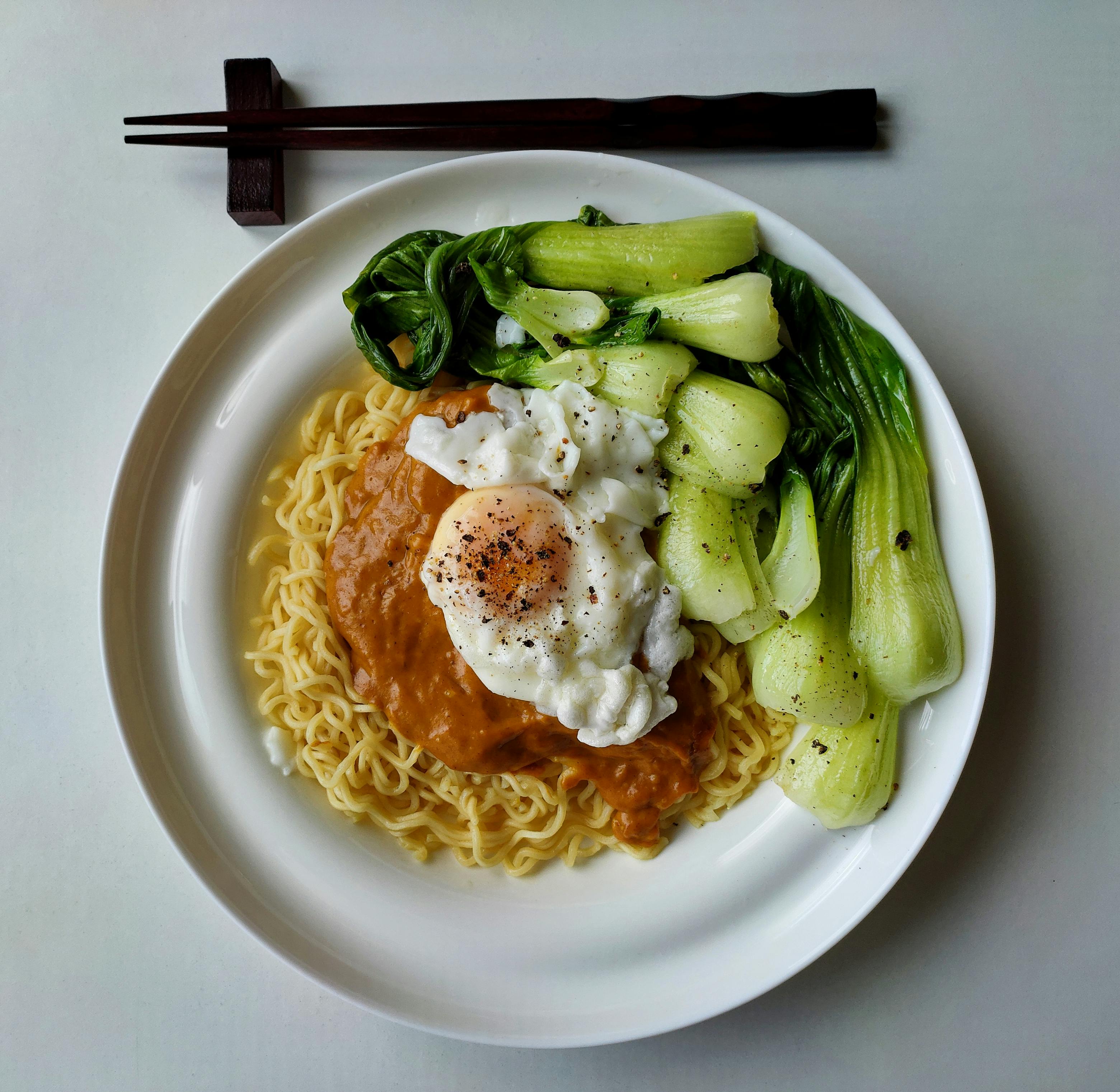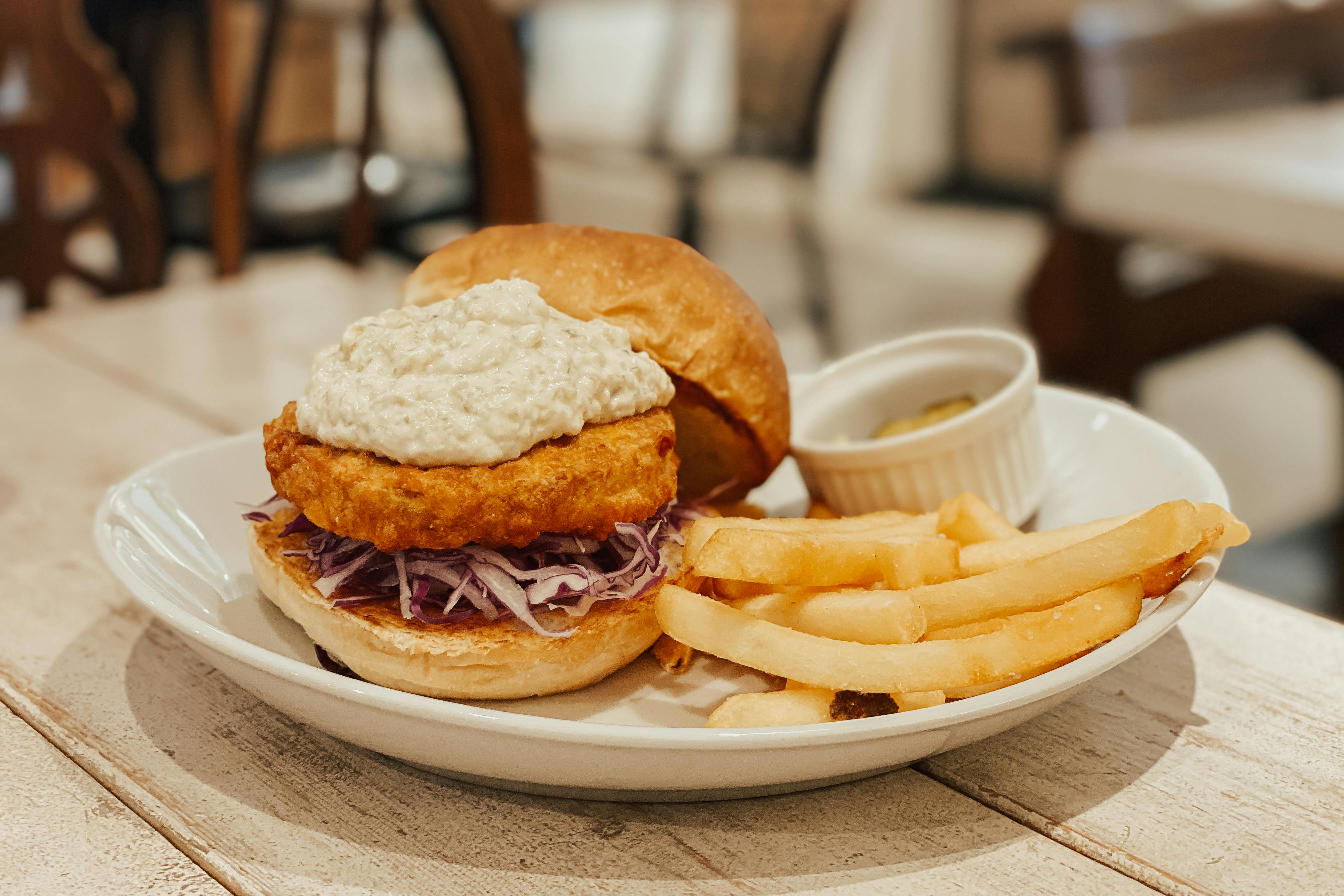There is no true definition of what constitutes oil rubbed bronze. Most generally agree that oil-rubbed bronze should have darker brown tones with some of the metallic base material showing.
How you get there is another story, and often you can’t get there at all. Many are happy to give the illusion of oil rubbed bronze by giving the piece a faux finish or using some type of spray paint. This makes it very difficult for any metal to show through, since we’re talking about paint in this case. Check out oil-rubbed bronze kitchen and bathroom furniture, lamps, and fixtures. You will usually find that the coloration is very even and consistent. The reason for this is twofold, one, many of us seem to want uniformity in our furnishings. Manufacturers give us that by basically painting the items or submerging metal-plated items in a chemical tank. Easy, cheap, and uniform, and just what we want, right? Oh, and very profitable for this “premium” finish.
If you want the look of real aged metal, you will have to accept that aging and patina are not uniform and will differ from item to item. There can be extreme beauty in the variability associated with metal and the aging process. You can see the variations by looking at the statues and buildings in any ancient city. Handsome! But it’s certainly not a cookie cutter!
This is how the craftsman creates the look of oil rubbed bronze. From the metal, or a finish understood as real metal, chemicals are applied that alter the metal and change the color. Think of patina as rust and rust as patina. But what we call rust is only common to ferrous metals like iron and steel. Other metals naturally patina in their own way and show wide color differences depending on variables such as salt air, pollution and temperature. Brown tones as well as greens, blacks, and blues are often displayed in bronze, brass, and copper.
The expert skater works his magic to produce these natural colors without waiting a couple of centuries for the patina to develop. Chemicals are applied in various combinations to give the desired look. Greens, blues, and browns require different techniques, but the final step is the same. To give a natural look, the highlights are rubbed in by hand letting the beauty, shine and life of the underlying metal shine through.



